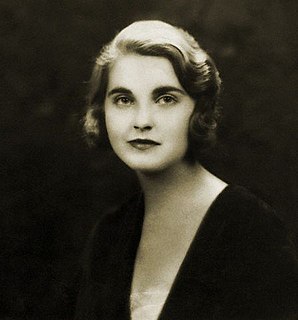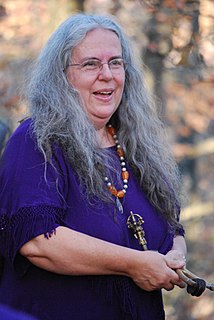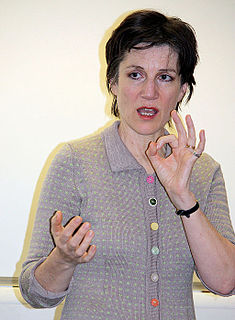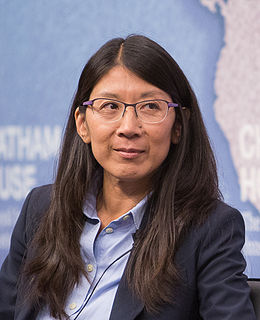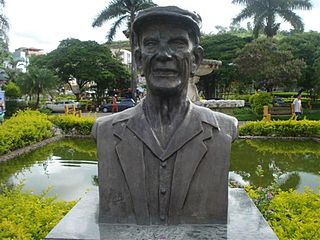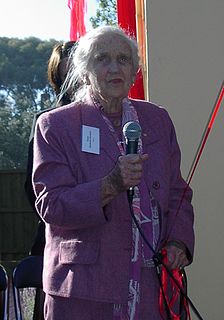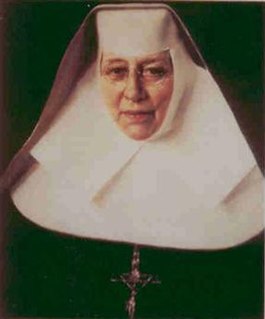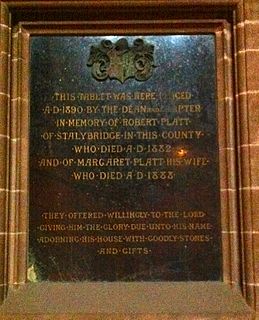A Quote by Barbara Hutton
[On her mother, who died when Hutton was 4:] I hardly remember her, but I have missed her all my life.
Related Quotes
I missed the sound of her shuffling her homework while I listened to music on her bed. I missed the cold of her feet against my legs when she climbed into bed. I missed the shape of her shadow where it fell across the page of my book. I missed the smell of her hair and the sound of her breath and my Rilke on her nightstand and her wet towel thrown over the back of her desk chair. It felt like I should be sated after having a whole day with her, but it just made me miss her more.
Her [Eleanor Roosevelt] father was the love of her life. Her father always made her feel wanted, made her feel loved, where her mother made her feel, you know, unloved, judged harshly, never up to par. And she was her father's favorite, and her mother's unfavorite. So her father was the man that she went to for comfort in her imaginings.
Her mother was a Christian Scientist who didn't believe in calling doctors. So when my mother caught whooping cough as a baby, stopped breathing and turned blue, her mother revived her by spanking her on the bottom. She saw life itself as a gift and saw her own survival as precious and a matter of chance.
My youngest sister, Cindy, has Down syndrome, and I remember my mother spending hours and hours with her, teaching her to tie her shoelaces on her own, drilling multiplication tables with Cindy, practicing piano every day with her. No one expected Cindy to get a Ph.D.! But my mom wanted her to be the best she could be, within her limits.
My mother had a life-altering stroke when I was nineteen and she died when I was twenty-three. I'm now older than my mother when she died and my relationship with her has really changed over these many years. I continue to stay interested in her and I know her differently now. Losing my mother, losing dear friends, is now part of the fabric of my being alive. And the fabric keeps changing, which is interesting.
Duende I can't remember her name. It's not as though I've been in bed with that many women. The truth is I can't even remember her face. I kind of know how strong her thighs were, and her beauty. But what I won't forget is the way she tore open the barbecued chicken with her hands, and wiped the grease on her breasts.
Her mother died at the age of 29, essentially turning her face to the wall and deciding to die. And so we can only imagine the agony she felt. And Eleanor Roosevelt really wanted to make her mother happier, and - and to make her live, you know, make her want to live. And there's something about, you know, when your mother dies, this sense of abandonment. I think Eleanor Roosevelt had a lifelong fear of abandonment and sense of abandonment after her parents' death.
People inspire me. Every day, I meet amazing individuals in the field. When I see a mother who has walked for three weeks to come to a MSF clinic, with two kids on her back and her belongings on her head, facing intimidation and physical abuse on her way, I am inspired by her resilience - her desire for life.
Little Lotte thought of everything and nothing. Her hair was as golden as the sun's rays, and her soul as clear and blue as her eyes. She wheedled her mother, was kind to her doll, took great care of her frock and her red shoes and her fiddle, but loved most of all, when she went to sleep, to hear the Angel of Music.
When my daughter went to school, her last name was mine. The school insisted that her father's name be added to hers, not her mother's. The fact that the mother kept her in her womb for nine months is forgotten. Women don't have an identity. She has her father's name today and will have her husband's tomorrow.
